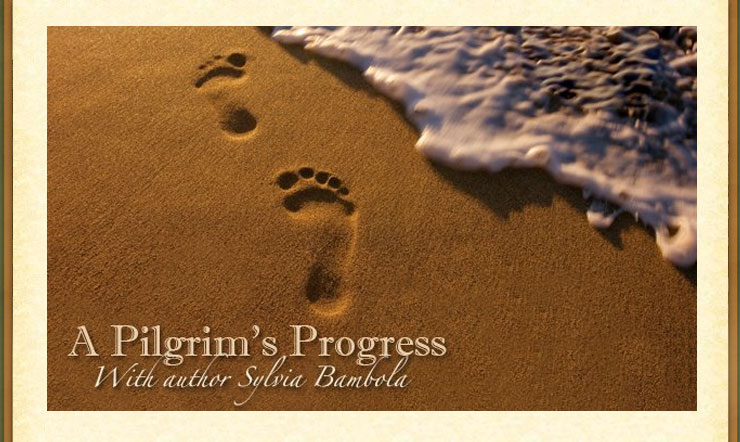The Kingmakers
Monday, 22 December 2014 17:43:00Who were the Magi? Tradition tells us there were three of them who followed a star to Bethlehem, then presented Jesus with gifts. For the most part it’s correct, except the Bible doesn’t tell us the number. I suspect the tradition of “three” came about because the Bible mentions three gifts they brought: gold, frankincense and myrrh; all valuable and all prophetic.
So, were these just “smart” men who happened to be looking up at the sky one day and observed something unusual and decided to investigate? No and no. The magi were elite members of a governing class in Persia or modern day Iran. They were powerful, educated and extremely wealthy, and knew astronomy and prophecy, even Bible prophecy. They were from a special cast called Magoi, from whence the name Magi comes, with no connection to magic. But because of their knowledge of astronomy and prophecy, they were considered a mystical priesthood probably with occult powers. They worshipped the elements: fire, water, earth and air, rather than multiple gods which was more typical of those times. They had great political power that continued throughout several successive empires: Babylon, Medo-Persian, Greek, and Parthian. The Megistanes, comprising their upper council, were the kingmakers of the ancient world. Their decision, even in matters of state, were considered final and binding. No one became king without their approval.
It was during the Babylonian era that the magi became acquainted with the prophet Daniel, a Jewish captive who served more than 70 years at court and who was greatly respected. It was surely during this time the magi became exposed to Jewish scripture and the writings of the Jewish prophets, including Daniel’s. His ninth chapter speaks of the coming Messiah and King. It wasn’t long before the Magi’s religious manifestations heavily reflected aspects of Judaism. Since they were well acquainted with Daniel’s prophecy of the birth of a Messiah and great King they were continually studying the stars looking for signs of His coming. And when they saw it, it compelled them to travel countless miles to lay their treasures before this “promised one” and declare Him “king.”
The delegation of the Magistanes would have included up to a hundred magi, a large entourage of servants, and a vast army to protect them. They would have traveled in grandeur and style, and the sight of them would have inspired not only awe but fear. There was no way Herod dared to lay a finger on them.
So these wise men from the east, these kingmakers, came in great pomp and ceremony to declare Jesus, KING. And their spiritual insight was sufficient that when they saw Jesus, in his humble home as a young toddler, they weren’t fooled. They still recognized Him for who He was.
The Bible tells us that Jesus was born in Bethlehem, the place were the lambs for the Temple sacrifice were bred and raised. Did the magi know that this was a foreshadowing of Jesus as the Lamb of God and that before Jesus came as King He must first come as the Lamb to be slaughtered as a sacrifice for us? I don’t know. But they did know that here was a great king, and their presence was a declaration of that fact. And according to their power and authority, this declaration, in the natural, was final and binding.
We know Jesus didn’t need the magi to make Him king. He already was/is/will be. But isn’t it just like God to confirm His plan and purpose? To use the natural to confirm the spiritual? As Christmas nears, let us prepare our hearts to not only accept Jesus as the sacrificial lamb, but as King of Kings and Lord of Lords.
Wishing you all a very blessed and Merry Christmas!
Until next time,
Sylvia




